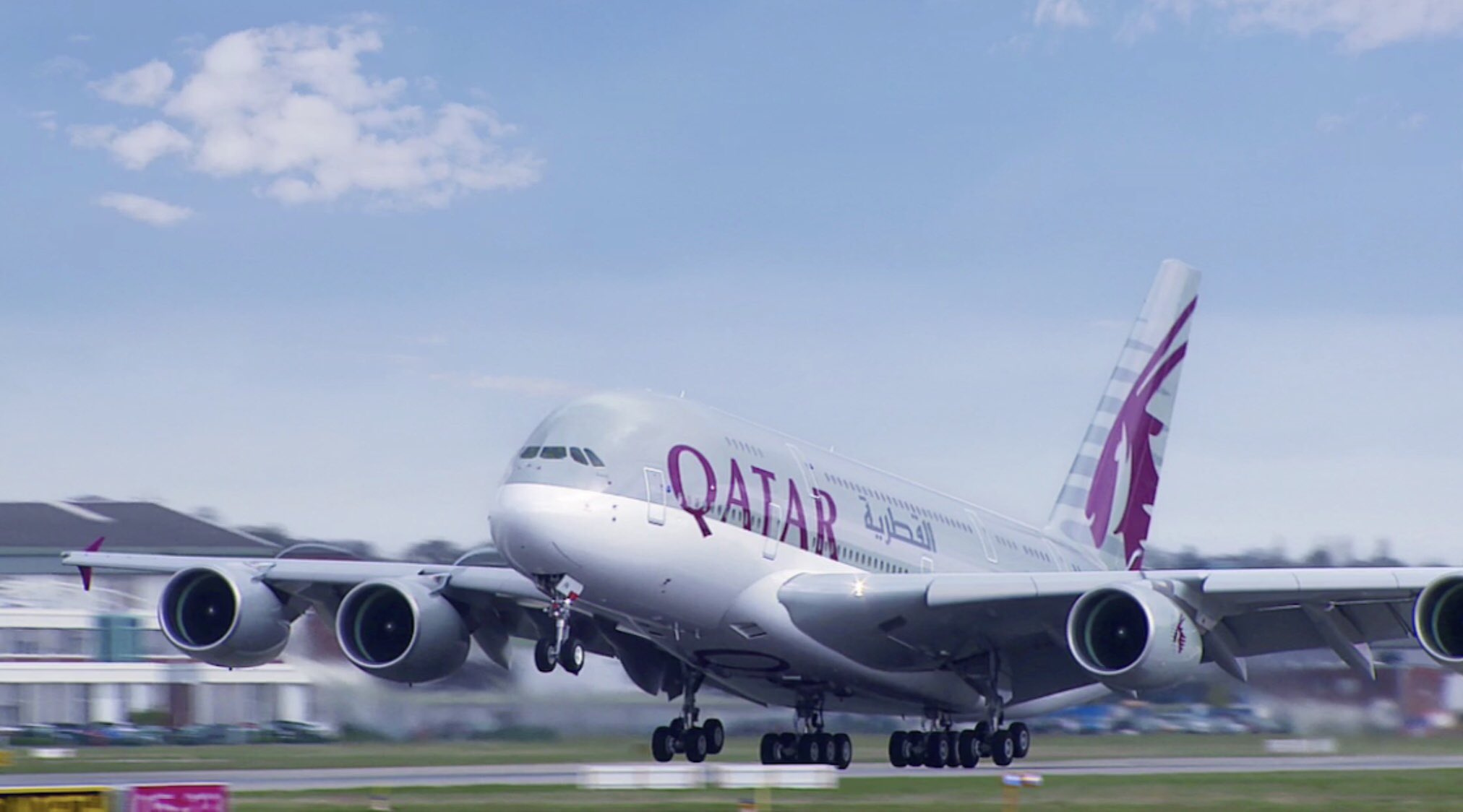Head of the ACCC confirmed that the watchdog would actively seek penalties exceeding $250 million for Qantas’ sale of tickets for non-existent flights.
Increasing the number of Qatar Airways flights into Australia would have resulted in more affordable airfares, the country’s competition watchdog said amid growing calls for the government to revisit the controversial decision.
Gina Cass-Gottlieb, head of the Australian Competition and Consumer Commission (ACCC), has concurred with her predecessors in believing that Qatar Airways’ expansion would have led to decreased prices, a prospect she would have “welcomed,” as per reports.
When questioned on RN Breakfast about whether allowing the additional Qatari flights would have resulted in lower airfares, Cass-Gottlieb responded with “yes.”
The comments come just days after two former heads of the ACCC described the government’s move against QA as “a really bad decision” that is disadvantageous to customers.
Allan Fels, the inaugural head of the ACCC said last week the government’s choice to decline Qatar’s additional flight request serves to safeguard Qantas from competitive pressures, reports said.
“Customers have been put second, so has tourism, business, freight, many other interests, also other airlines,” Fels said. “There’s no secret reason for it, it’s just looking after Qantas.”
Meanwhile, Cass-Gottlieb further said it was challenging to determine the exact extent to which the airfare prices would have reduced, but referenced Virgin Australia’s projection of a 40% decrease.
Meanwhile, Cass-Gottlieb confirmed that the watchdog would actively seek penalties exceeding $250 million for Qantas’ sale of tickets for non-existent flights.
“We are going to seek a penalty that will underline this is not just a cost of doing business, it is to deter conduct of this nature,” she said.
“We consider this [Qantas case] should be a record penalty, for this conduct.”
Australia’s government has faced intense scrutiny since rejecting the QA bid for 21 extra weekly flights to various airports across the country, including Sydney, Melbourne, and Brisbane.
The government has yet to provide a clear reason for declining the request, though Assistant Treasurer Stephen Jones said the decision was made to safeguard the “national interest” and to support Qantas’ profitability. However, Jones has since revoked the latter reason.
Wayne Swan, the former treasurer who currently serves as Labour’s national president, said that in light of allegations regarding Qantas selling tickets for flights that had already been cancelled, the government should reconsider its competition-related decision.
“An appropriate review where things are, given all these revelations, would be good,” said Swan.
On Thursday, the ACCC publicised its intentions to take legal action against Qantas, accusing the airline of advertising and selling numerous tickets for flights that it had already cancelled in its reservation system during the period between May and July of last year.
The consumer protection agency asserted that these tickets remained available for purchase for an average of two weeks following the flight cancellations, and in certain instances, they were still being sold up to 47 days after the flights had been cancelled.
This controversy has emerged during the final months of Qantas CEO Alan Joyce’s 15-year tenure at the airline. Qantas also acknowledged having a substantial amount of Covid-era flight credits, which were initially slated to expire at the end of the year.
The airline decided to remove the expiration date for these credits just as the ACCC announced its intention to pursue legal action against Qantas regarding the sale of these ghost tickets.
Qantas has characterised the period under scrutiny by the ACCC as a time of significant “upheaval” for the aviation industry.
However, the airline has also reported robust profits over the past year, and it has been compelled to defend itself against allegations of exploiting both customers and employees.
Early last week, the assistant treasurer retracted comments he had made, suggesting that the government had intervened to block Qatar’s expansion primarily to safeguard Qantas’ profits.
He clarified that the government’s decision was motivated by a belief in the national interest, aiming to ensure the viability of the national carrier.
On Friday, Jones refrained from responding to inquiries about whether the decision regarding Qatar should be reassessed, indicating that it was a determination made by Transport Minister Catherine King, and queries should be directed to her, reports said.
“I made a pretty non-controversial comment which was absolutely taken out of context,” Jones said.
“When we are putting in place our arrangements across the aviation industry, we want to ensure the viability of the industry.”
The Opposition, the Greens, and Independent Senator David Pocock are collectively advocating for greater transparency regarding the reasons behind the Federal government’s refusal to grant additional flights to Qatar, particularly in light of Qantas’ lobbying efforts.
This Senate group intends to request the disclosure of documents submitted to the transport minister.







